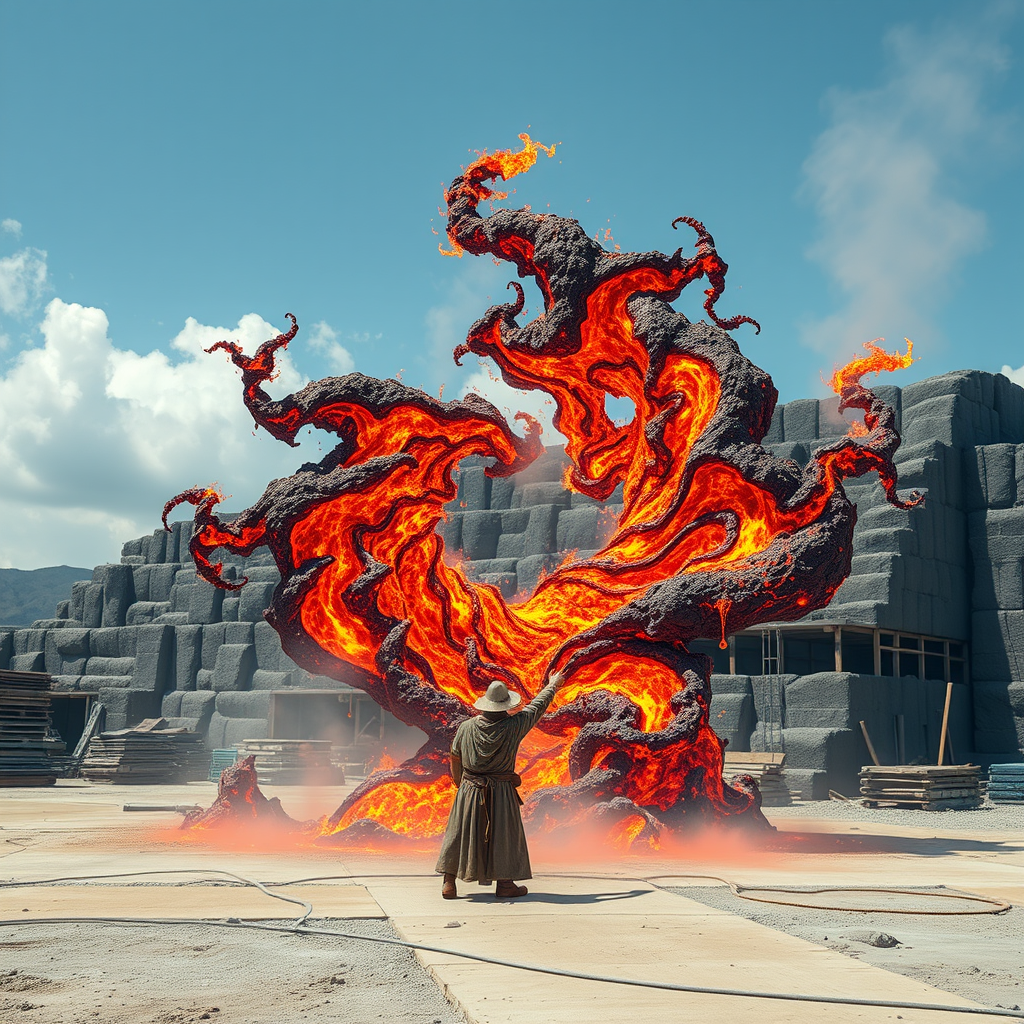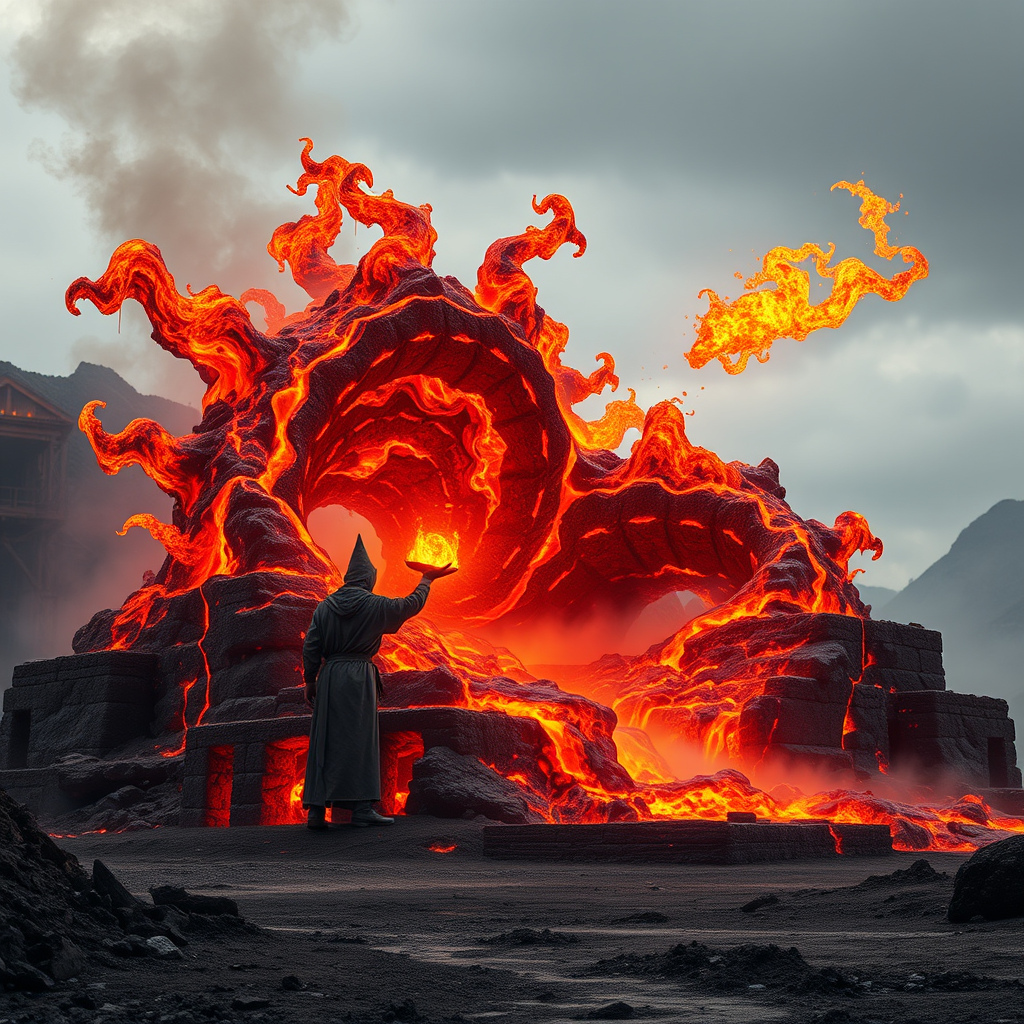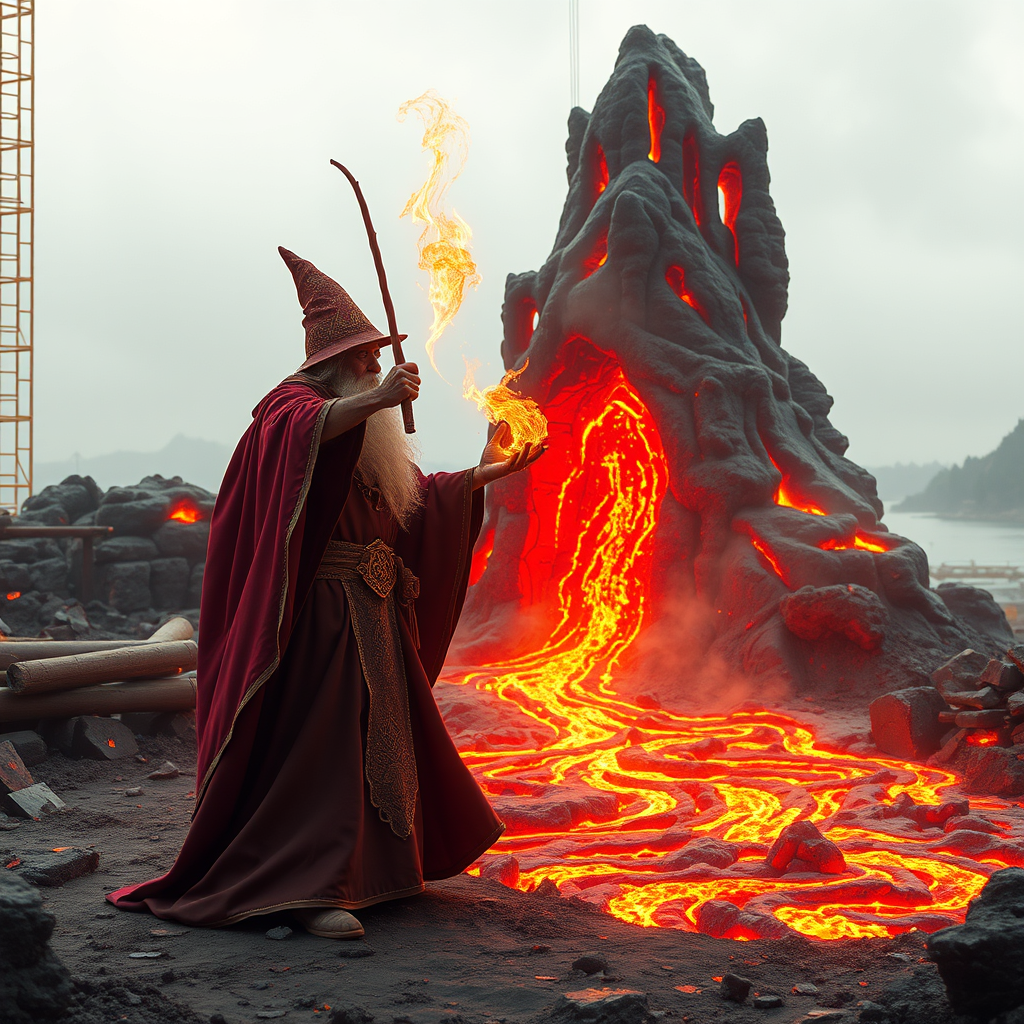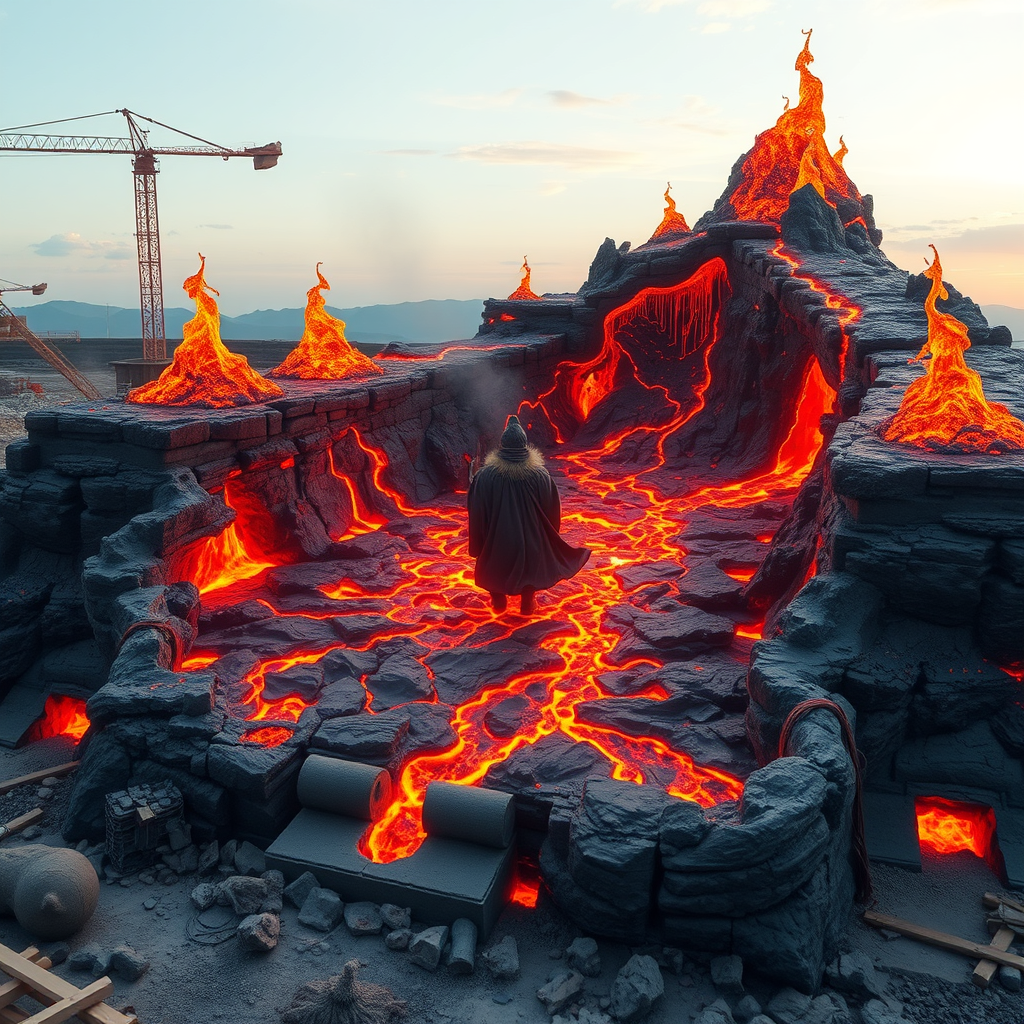I'm indigenous, and my culture is a shadow of its former self. This got me thinking: what sort of a world would it be where indigenous cultures are all thriving everywhere? Then I followed that thought for way too long and built an alternate history world.
It would be a world of strong local flavor: everywhere you go, there's vernacular architecture, traditional clothing, local food. Inuit cultures rule the Arctic. Aztecs rule Mesoamerica.
I've written an alternate history that I won't bore you with. Imagine there was never a 'Great Divergence' (where the West pulled ahead) but instead various cultures developed at roughly equal speeds, and maybe shared technology more rather than use technology to exploit/oppress.
Technical services are on a guild-system. The guilds recruit young people, train them up, and each local community (tribe, if you like) has a deal with the important guilds: you give us your services and we give your members food, board, other privileges. This explains why technology (like the steam engine) spread around the world without being used by one culture to oppress another. A person would have tribe-membership, with its duties and perks, and maybe guild-membership too, with its duties and perks.
The Americas and Australia are totally different in this alternate history, because they never got Europeanised. Imagine a developed (21st century) Aztec culture, Cree, Inca etc. with the internet and electricity and so forth. Every culture is in its bloom of glory – it's a world of strong culture. I understand this opens me to charges of exoticism, but counterpoint: my own culture (not gonna doxx myself) is among them. Some worldbuilding is all about physics, some is all about military theory; this is all about anthropology, all the strange and fabulous variety of human religions, fashions, food.
There are international elements to counter the extreme localism. In the alternate history, in the age of the steamship and telegram, international culture emerged. (This 'internationalist' phase actually happened in the mundane world as well: the first modern Olympics was in 1896; Esperanto appeared in 1887. It just wasn’t very successful.) Speak your local languages at home: the internet, academia etc. are in the global language. There’s art in local languages (storytelling, etc.) and there's international culture in the international language – the equivalent of The Simpsons or Star Wars that you can joke about when speaking with someone from the other side of the world.
Another internationalist element would be cultural exchanges. Imagine you’re a Rus in Russia, and a Himba troupe come to stay in your community for three nights, do dance and storytelling, share your food, flirt. This is a form of diplomacy.
Thriving indigenous cultures implies thriving ecosystems, as the two are inseparable. So it’s kind of a solarpunk/environmentalist world. Which fits with the idea of local economies/local cultures.




